3 Sep – 8 Dec 2024
Belkin Outdoor Screen
Outdoor Screen: Soft Turns
-
Soft Turns
ArtistsSoft Turns is the collaborative effort of Sarah Jane Gorlitz and Wojciech Olejnik. Their collaborations employ found objects, readily available materials, D.I.Y. methods and experimentation to create videos, stop-motion animations and mixed media installations. Gorlitz is a settler of English and Mennonite descent, and holds an MFA from Malmo Art Academy. Olejnik immigrated from Poland to Canada as an adolescent and holds an MFA from the University of Waterloo. Recent research interests include controlled artificial environments such as greenhouses and data centres, plant-human interactions and the physics of information. They were artists in residence at the School of Environmental Sciences, University of Guelph (2016-19) and are currently artists in residence at Gallery 44 Centre for Contemporary Photography, where they are leading a reading group on decentralized intelligence called: “Thinking Through the Milieu.” Their work has been exhibited across Canada and internationally, most recently in Toronto at Vector Festival (InterAccess, 2024), the Plumb (2021), 8eleven (Images Festival, 2018) and The Art Museum at the University of Toronto (2018); and at Oakville Galleries, Centre Clark (Montreal), YYZ (Toronto) and Stride (Calgary); internationally at Southern Exposure (San Francisco), Skånes Konstförening (Malmö), Foundation 3.14 (Bergen), Videobrasil (São Paulo), Museum of Modern Art, (Moscow) and Friends (Glasgow). They currently work and live with their two young daughters in the Lakeshore Village Artist Co-op, on the lands of the Mississaugas of the Credit, the Anishnabeg, the Chippewa, the Haudenosaunee and the Wendat peoples, in what is commonly referred to as Toronto.
Read More
Soft Turns, ematerial, 2019
stop-motion animated video
10 m 26 s
Courtesy of the artists
Outside the gallery, Soft Turns’ ematerial (2019) draws attention to the toxic waste produced by the technology industry and its impacts on human and natural bodies and environments. Through stop-motion animation, ematerial depicts images of common forms of e-waste (cables, motherboards, heat sinks) dissolving into diaphanous, unnaturally colourful fumes that appear to emanate from the image surface, gradually stripping the image of colour and transforming them into bleached, faded objects – the digital deceased. The United Nations estimates that the technology industry is responsible for two to three percent of global greenhouse gas emissions; some estimate that the energy required to send an email with an attachment is the equivalent of one plastic bag.
As part of the exhibition An Opulence of Squander curated by Weiyi Chang, Soft Turns’ ematerial plays on the Outdoor Screen from 9 am to 9 pm daily.
-
Soft Turns
ArtistsSoft Turns is the collaborative effort of Sarah Jane Gorlitz and Wojciech Olejnik. Their collaborations employ found objects, readily available materials, D.I.Y. methods and experimentation to create videos, stop-motion animations and mixed media installations. Gorlitz is a settler of English and Mennonite descent, and holds an MFA from Malmo Art Academy. Olejnik immigrated from Poland to Canada as an adolescent and holds an MFA from the University of Waterloo. Recent research interests include controlled artificial environments such as greenhouses and data centres, plant-human interactions and the physics of information. They were artists in residence at the School of Environmental Sciences, University of Guelph (2016-19) and are currently artists in residence at Gallery 44 Centre for Contemporary Photography, where they are leading a reading group on decentralized intelligence called: “Thinking Through the Milieu.” Their work has been exhibited across Canada and internationally, most recently in Toronto at Vector Festival (InterAccess, 2024), the Plumb (2021), 8eleven (Images Festival, 2018) and The Art Museum at the University of Toronto (2018); and at Oakville Galleries, Centre Clark (Montreal), YYZ (Toronto) and Stride (Calgary); internationally at Southern Exposure (San Francisco), Skånes Konstförening (Malmö), Foundation 3.14 (Bergen), Videobrasil (São Paulo), Museum of Modern Art, (Moscow) and Friends (Glasgow). They currently work and live with their two young daughters in the Lakeshore Village Artist Co-op, on the lands of the Mississaugas of the Credit, the Anishnabeg, the Chippewa, the Haudenosaunee and the Wendat peoples, in what is commonly referred to as Toronto.
Read More
Related
-
Exhibition
3 Sep – 8 Dec 2024
An Opulence of Squander

Weiyi Chang's curatorial research into ecological methodologies in contemporary art inform her exhibition An Opulence of Squander. The group exhibition features artworks from the Belkin's collection and beyond that critique the imperative for growth at all costs, growth that has contributed to our collective ecological and social conundrum.
[more] -
Exhibition
3 Sep – 8 Dec 2024
That Directionless Light of the Future: Rediscovering Russell FitzGerald

Jon Davies's work as a writer and curator is grounded in contemporary art, cinema and queer studies. His exhibition That Directionless Light of the Future features rarely seen works by American artist and writer Russell FitzGerald (1932-78) and his contemporaries, largely from the Bay Area, to explore how secret and subcultural knowledge complicates archiving and transmission.
[more] -
Event
Tuesday, 10 Sept 2024 at 12:30 pm with Soft Turns
Tuesday, 8 Oct 2024 at 12:30 pm with Lisa Myers
Tuesday, 5 Nov 2024 at 12:30 pm with Camille Georgeson-Usher
Conversation Series: Of Other Earths
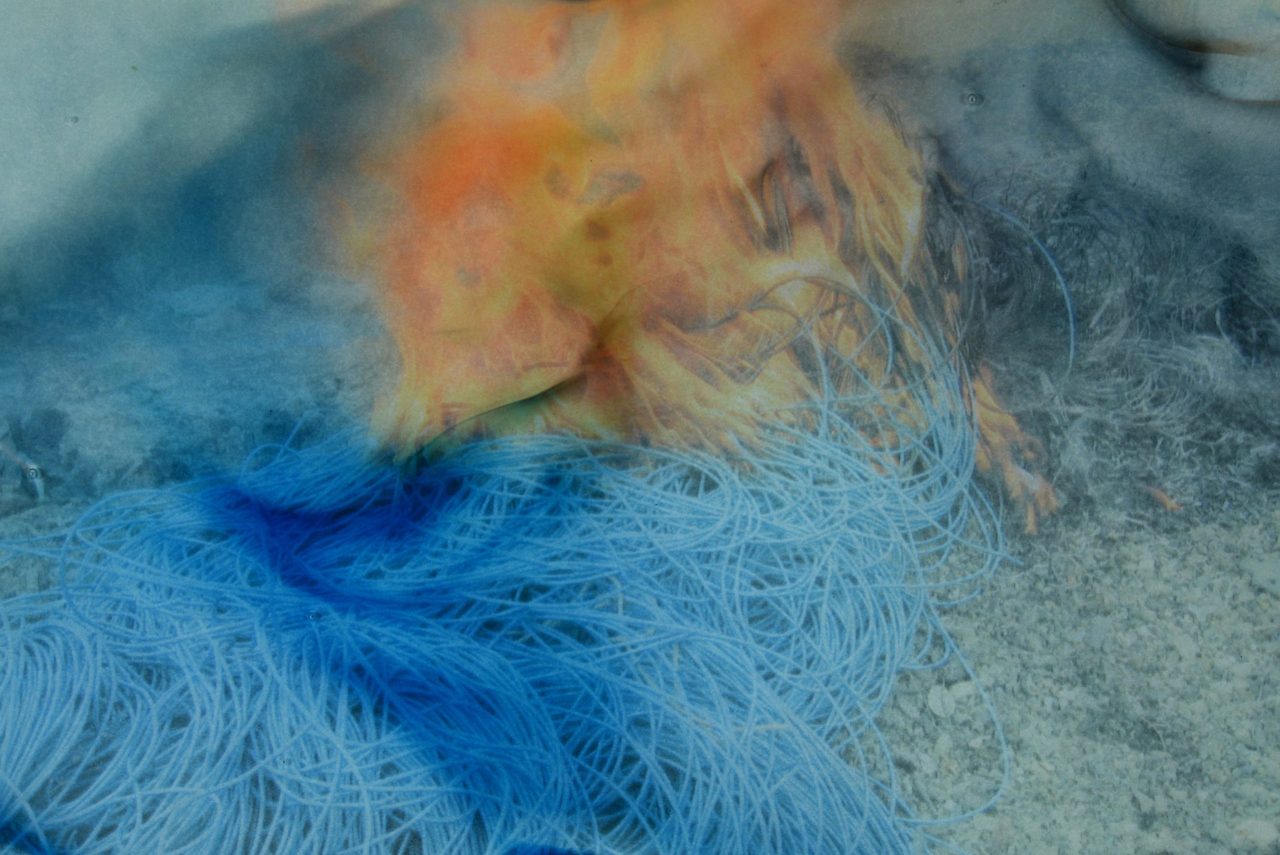
Join us for an online monthly three-part conversation series hosted by curator Weiyi Chang. In each session she will engage an artist or scholar about their work in the context of one of the provocations running through the exhibition An Opulence of Squander.
[more] -
Exhibition
3 Sep – 8 Dec 2024
Koerner Library: Kelly Wood

Kelly Wood's Half Empty Bag and White Garbage (both 1997) are part of the exhibition An Opulence of Squander curated by Weiyi Chang at the Belkin, which considers our collective responsibilities as caretakers of artworks and as shapers of reconsidered and increasingly urgent narratives; more of Kelly Wood's work can be seen here.
[more] -
News
21 Aug 2024
Reading Room: An Opulence of Squander
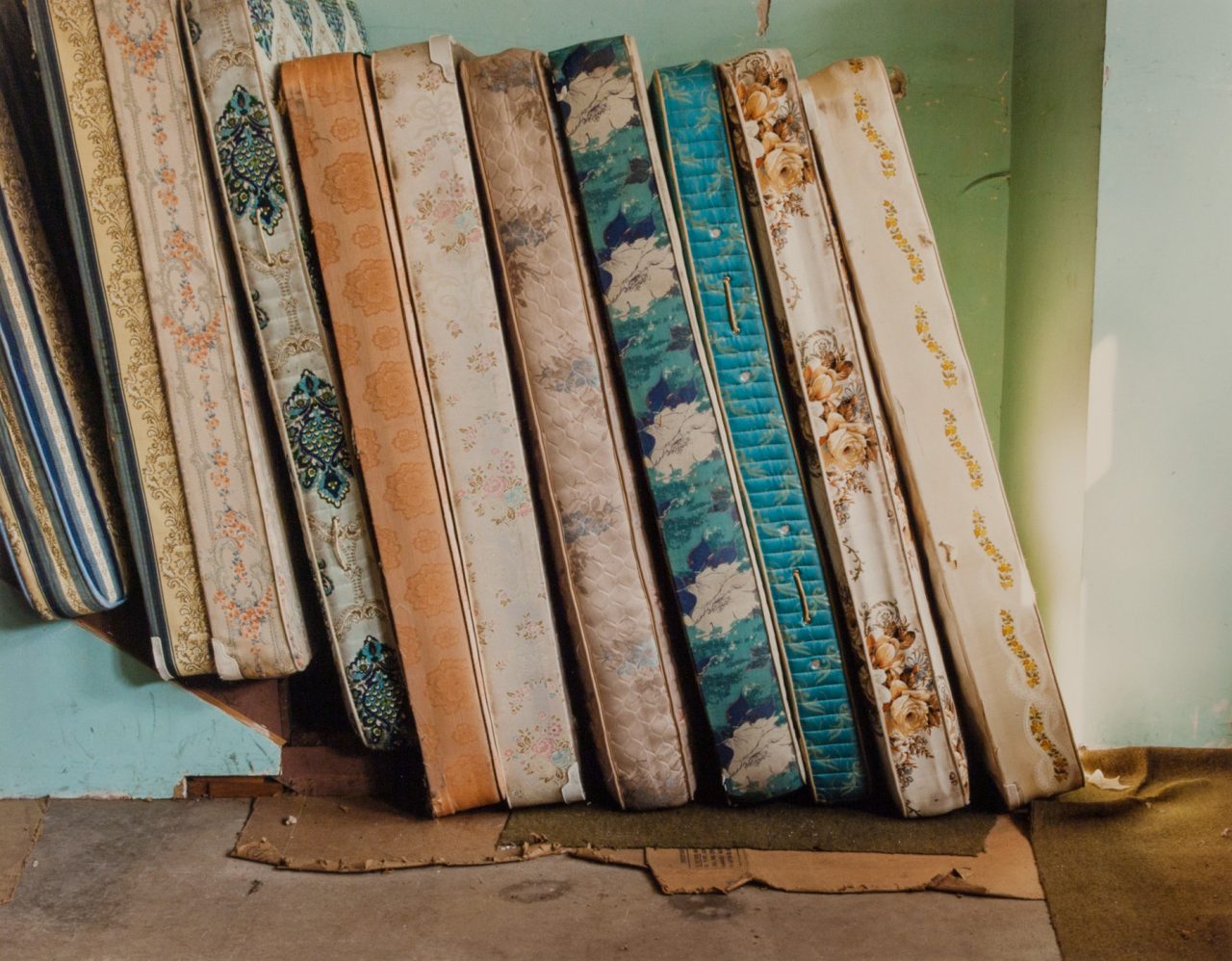
Curated by Weiyi Chang, An Opulence of Squander brings together works from the Belkin’s collection and archive with artists that consider concepts of surplus and excess to question the dual ascription of artistic work as a form of both luxury and waste. This reading room offers resources relating to the themes and artists present in this exhibition.
[more] -
Event
Wednesday, 4 Dec 2024 at 2 pm
Concert at the Belkin: Fall Exhibitions
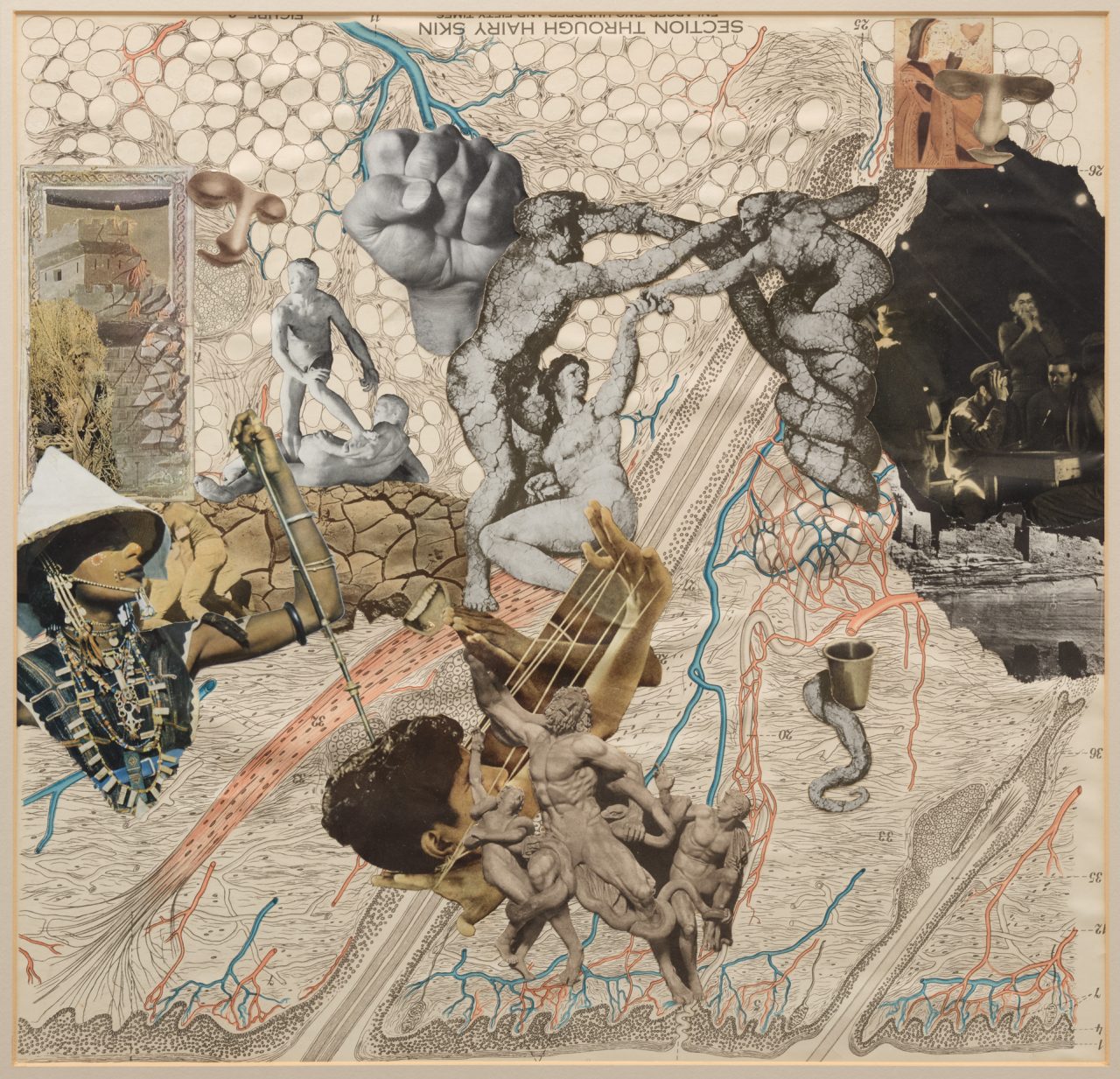
We are pleased to welcome back the UBC Contemporary Players to the Belkin for a concert inspired by the current exhibitions: That Directionless Light of the Future: Rediscovering Russell FitzGerald and An Opulence of Squander.
[more] -
Event
Friday, 22 Nov 2024 at 3 pm
Symposium: Difficult Kinship
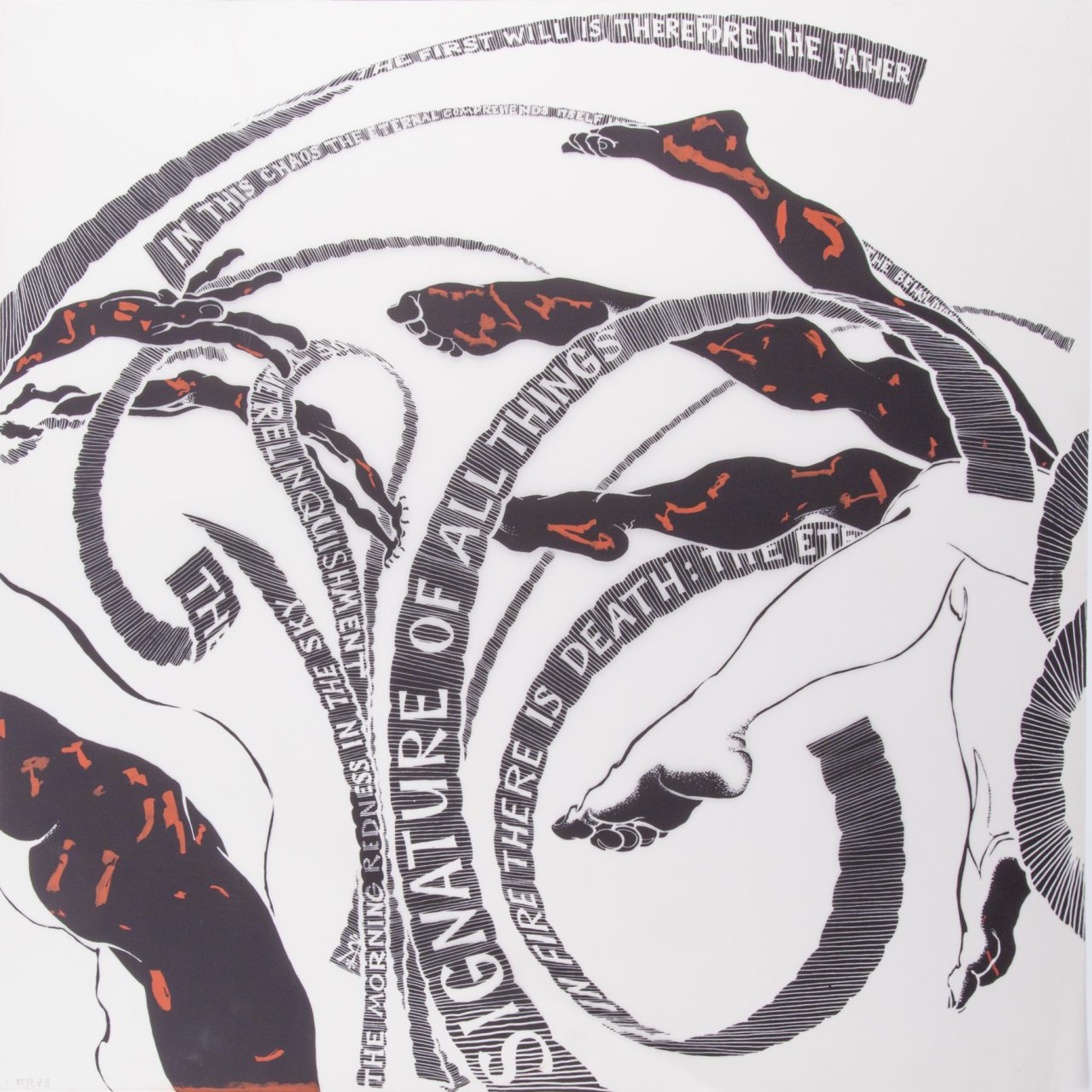
Join us for an afternoon symposium responding to That Directionless Light of the Future: Rediscovering Russell FitzGerald, an exhibition which grapples with a difficult and overlooked figure, exploring how the most idiosyncratic artists can crack open familiar historical narratives.
[more] -
News
21 Aug 2024
Reading Room: That Directionless Light of the Future: Rediscovering Russell FitzGerald
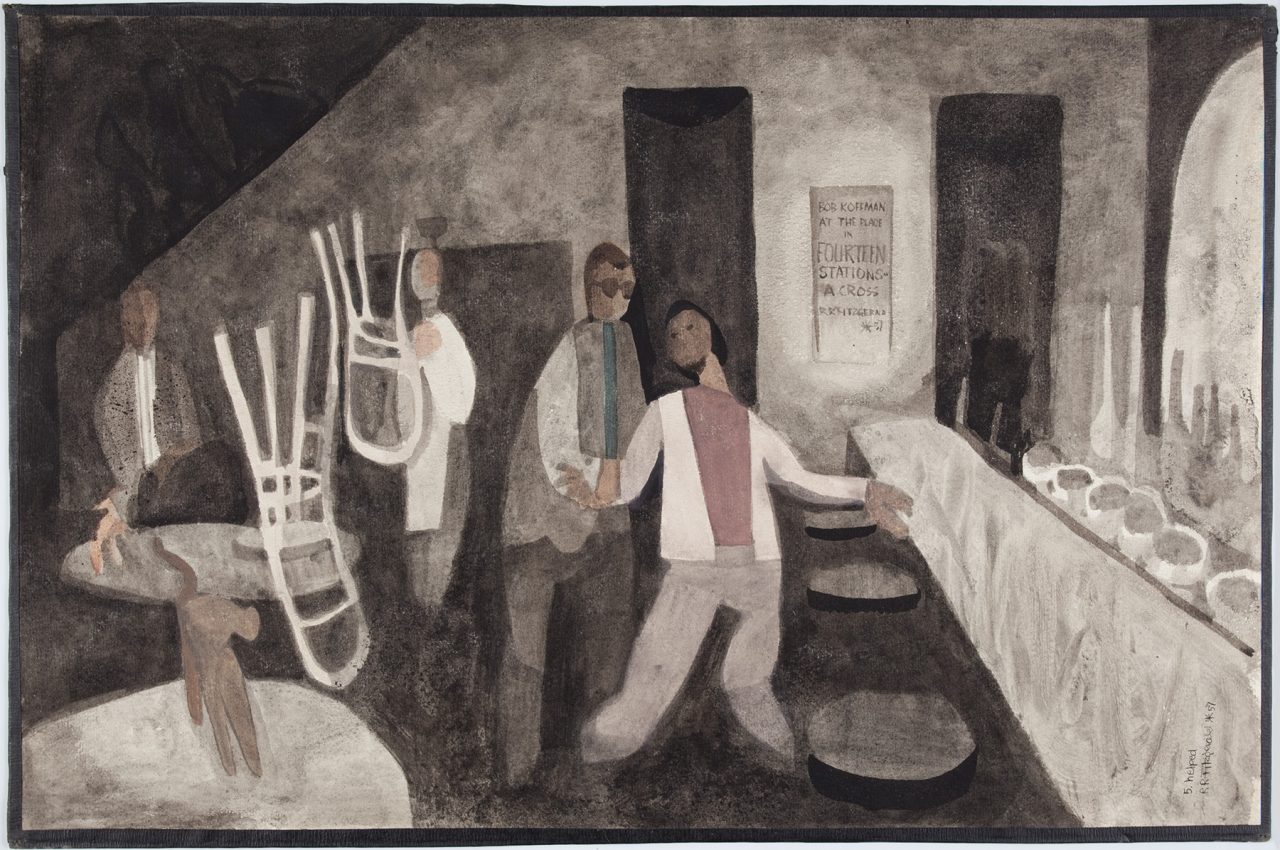
Curated by Jon Davies, That Directionless Light of the Future: Rediscovering Russell FitzGerald features rarely seen works by American artist and writer Russell FitzGerald (1932-78) and his contemporaries, largely from the Bay Area, to explore how secret and subcultural knowledge complicates archiving and transmission. This reading room offers resources relating to the themes and artists present in this exhibition.
[more]